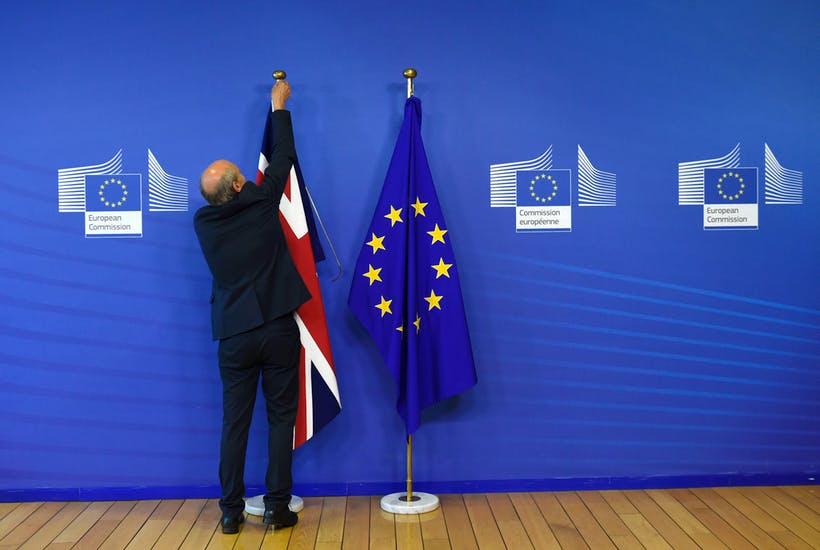The growth forecasts might be too optimistic. The economy may yet turn down, the pressure on public services will only continue to rise, and, most of all, leaving the European Union may yet turn into a catastrophe. The Institute for Fiscal Studies did not waste much time in branding yesterday’s Budget ‘a bit of a gamble’, with plenty of risks attached to it.
In saying so, the IFS no doubt reflects the mainstream view in the economics profession and probably among the professional scribblers of the City as well. And yet the truth is that Philip Hammond didn’t take enough of a gamble. With the British economy in better shape than could have been expected at this stage in the Brexit cycle, he could have pushed forward far more aggressively and cut taxes as well as raising spending.
The maths of Hammond’s Budget were fairly straightforward. With the UK economy performing well and with healthy employment figures, the Chancellor had some fiscal space to play with. Add in the way that the Office for Budget Responsibility has upgraded its growth forecasts, which means more tax revenue in the years ahead and Hammond finally had some money to splash around. He chose to devote the vast bulk of that towards higher public spending, mostly on the NHS, with some modest tax cuts in the form of higher personal allowances.
So what’s the problem? The IFS argues that a no-deal Brexit might well derail the forecasts. Tax revenues will take a hit, while the extra spending, especially on health, will be locked in. Well, perhaps. And yet, if there is one thing we have learned in the two years since we decided to get out of the European Union it is that it always turns out better than you expect. The dire warning of economic collapse turned out to be ludicrously wide of the mark and there is little reason to believe the ‘no deal’ warnings will be any different.
If we leave without a deal, what happens? We don’t know. No major economy has left the EU before and certainly not without an agreement. But would it really be quite as bad as the IFS seems to think? We would save the billions we would be expected to pay to the EU. Some trade might suffer but the pound would certainly fall which would more than make up for any minor tariffs that might be imposed on exporters in Europe. Very oddly, it seems to be arguing for extreme caution just because there is an unknowable event a few months off. But there are always lots of uncertainties and there is no reason for thinking ‘no deal’ would be that bad. It might well be positive for the Treasury – in which case Hammond could have spent even more and cut taxes further. In reality, there are plenty of gambles being taken with the British economy right now. But if Hammond is guilty of anything it is being too cautious, not too reckless – it is just that the IFS doesn’t get that.






Comments